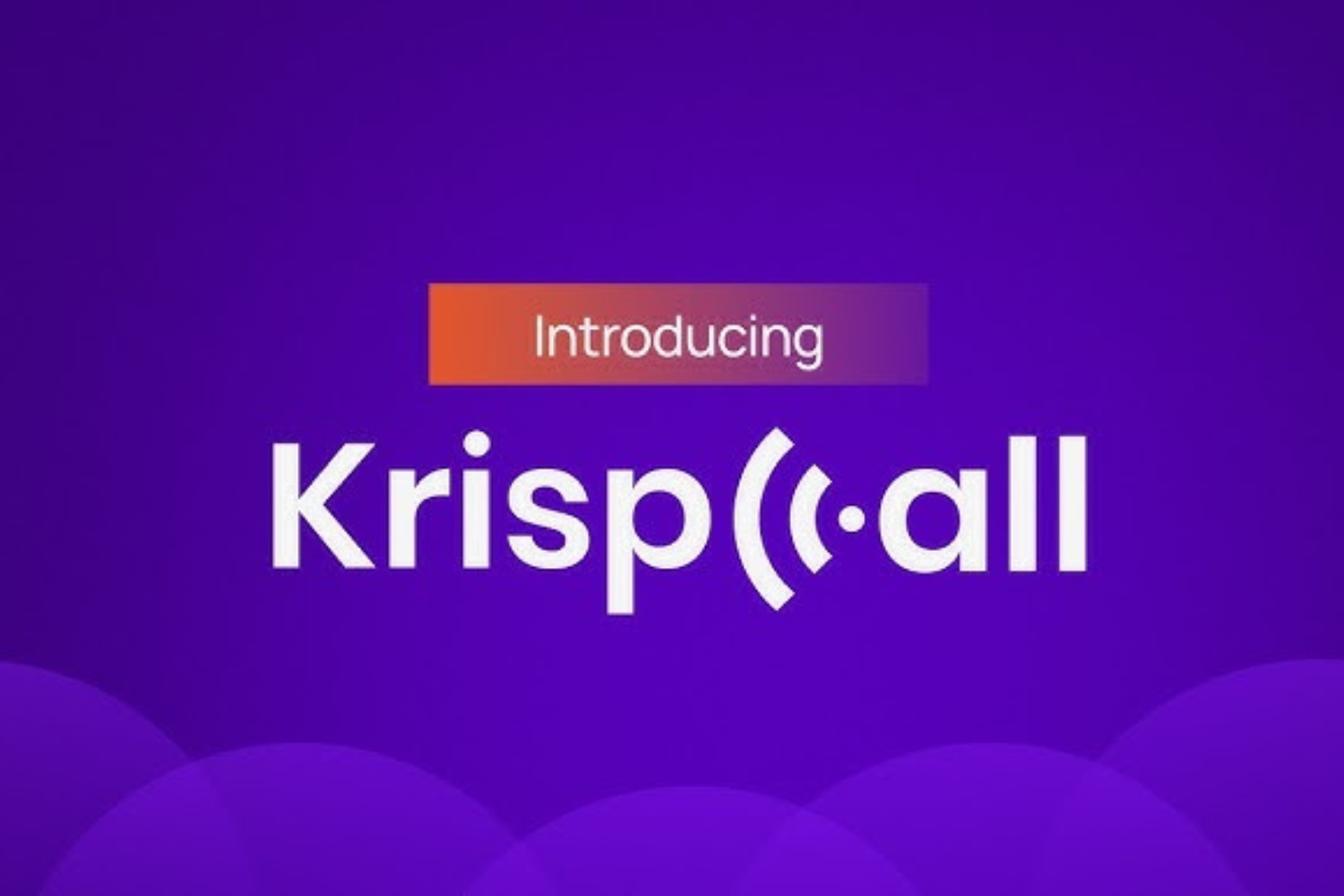Most specifically, in this guide, we’ll talk about keywords search, the Keyword Tool (the best alternative to Google Keyword Planner), and other SEO tools. And, we know that these tools will help you equally if you’re in the process of rolling out a new website — even if you are a pro webmaster, this keyword tool comes in handy whenever your keyword plan runs dry.
But, why am I so confident? Simply, because as you know, there’s a lot that goes into the process. From the basics of website design to website development. Or even, from content creation to your online digital marketing strategy. In a nutshell, there’s not enough time in the day to tackle every website task — not unless you have a collection of a dedicated team.
Ideally, you’d want each page and each blog post/article on your website to target unique primary keywords. And, while there’s sure to be a lot on your mind, you’d also want to make sure that you spend enough time on a strategic keywords research plan too — so as to guide your overall content creation and web publishing strategy — to bear good results.
By doing so, upfront, you’ll need to have a clear idea as to where you want to take your website in the future. And more so, how you can also shape your content for good User Experience (UX) and rank on top. Keep in mind, almost now and then, there are a few keyword research shortcuts that you can take, and tools often serve as the most effective options.
What Are Keywords And Keywords Search?
According to MOZ, keywords are ideas and topics that define what your content is about. In terms of SEO, they’re the words and phrases that searchers enter into the search engine also, called “search queries.”They are also known as search terms or even focus phrases — these are words or phrases that are, basically, submitted to search engines.
Any time you type a word or phrase into a search box—on Google, for example—you are using keywords. In that case, while trying to find relevant images, videos, or information. So, in other words, Keywords are basically terms that we send to search engines. Whenever we’re on the prowl for answers, knowledge, products, or services.
As an example, if you boil everything on your page — all the images, video, copy, etc. — down to simple words and phrases, those are your primary keywords. At all times, as a website owner or even content creator, you want the keywords on your page to be relevant. So, with that in mind, it’s good we now answer this: What is Keywords Search all about?
Resource Reference: How To SEO Keyword Research Guide – The Ultimate Beginner’s Guide
To enumerate, a Keywords Search looks for words anywhere in any given record especially when it comes to online digital marketing. On a clear note, keyword searches are a good substitute for a subject search. Particularly when you do not know the standard subject heading. Keywords may also be used as a substitute for a title or author search.
Especially, when you have an incomplete title or author information. In simple terms, keywords all narrow down to what people are searching for online. So that they have a better chance of finding your content among the results. Therefore, Keywords are how the search engines know what you’re all about — as well as how well they should position you.
In addition to sending search results traffic to your blog or even other specific website landing pages. You may also use the guided keyword search option to combine search elements, group terms, or select indexes or fields to be searched. And there is a variety of keyword suggestion tools that new businesses can use to target the best keywords for their niche.
With these tools, you can:
- learn more about your competition,
- create a content calendar that’s based on related long-tail keywords,
- know which keywords on your targeted list have the highest search volume,
- boost your overall search engine ranking position,
- choose the best keywords, based on your industry, monthly searches, and more…
Although you can pay for access to a variety of high-level keyword suggestion tools like Ubersuggest, this isn’t something you have to do. Instead, you can rely on a combination of free tools to compile a quality list that’ll bring you results.
Some questions to consider:
- Is the keyword relevant to your website and content?
- And, will online users find what they intended to look for when using the keyword?
- Will users be satisfied with what they find using the keyword?
- Further, will this traffic result and accomplish the goals you intended to reach?
If the answer is YES to all of the questions above, it is time to find the keyword in leading search engines. And a simple trick to finding the value of your established keyword(s) is discovering other websites or businesses. But, of course, that also must be ranking well for your chosen keyword. This gives greater performance insight into the competition.
As well as a clear understanding of how easy or how difficult it is to rank for that specific keyword. Another thing to look out for is search result advertisements. To explain further, these ads are usually displayed on the top or right-hand side of organic results. And they usually indicate that a high-value keyword is being used.
While, similarly, multiple search ads are an indication of website conversion rate in regard to the target ads — as a result of a proper plan for the keywords search and their unique utilization in any given web-based marketing campaigns.
Why Keywords Are Important And Why We Need Them
Are they really that important to you and your website blog or not? Or rather, can’t you get by without necessarily needing them? Otherwise, you may think that it’s all about the content, right? And, if you just write a really cool article, people will find it, right? Keywords are blocks of text that help search engines identify the topics that your content explores.
It’s, important to realize, that keywords search (algorithms) have sophisticated systems for analyzing the words that users employ in their queries. As well as the terms that are used throughout a given piece of content. This helps them match the user with the content that will best answer their needs. And the end results are more web traffic and return users.
For online marketing, the first fundamental step in developing a successful SEO strategy is implementing effective keywords. They help your target users and lead customers to find specific information about your business online. Thus, they are essential as online users utilize them when trying to reach out to particulars of given online web content.
Furthermore, the keywords search involves figuring out the value of search terms through website analytics. In the end, this helps drive traffic back to your website and examine the competitiveness of those keywords. What’s more, a good keyword SEO audit allows you to avoid Keyword Cannibalization by all means in your strategic plan.
How A Good Keywords Search Is Done
First of all, creating keywords does not consist of merely guessing which words might be successful for a website. In fact, recognizing the actual value of a keyword requires considerable knowledge. Such as knowledge about a given website niche, website development hypotheses, and repeat testing to make sure the keyword(s) are applicable.
Secondly, it’s not a good practice to just throw around keywords on your webpage(s). After all, compelling content creation is all about providing real value for and to real people. It’s not just sending hints to our robot friends at Google among other search engines such as Bing and the like. Thus, there are some basic keyword usage rules to follow.
As a basic routine, your unique website keywords should be employed on each webpage in the areas that bots and humans normally look at. This reassures them that you have what they’re after. It can include both the title tag and the body of your content. Eventually, this leads to an important point about the pitfalls of clickbait.
Related Resource: Competitor Keyword Analysis Tools | 10 Best For SEO Webmasters
At times, you may even believe you’re enticing more clicks by offering tantalizingly vague titles for your content. But, by disguising what the page is actually about, you’re opting out of some of the power of keywords. Try to find out what your potential customers or readers are searching for online. And then, create content on your website around these topics.
Last but not least, you can also look into working with your primary keyword in your URL. Like, as an H1 tag on the page, the meta description, and even alt text attributes of images on the page. All of these placings will help clue around search engines on what your content is really about. So that they can provide the best result to the web users per their query.
The Topmost Best Tools For A Strategic Keywords Search Plan
Looking to find winning keywords to target but don’t have the budget for paid tools? Google Keyword Planner used to be great for this. You could enter any ‘seed’ keyword and see tons of keyword suggestions, plus search volumes. On the other hand, the Keyword Tool is the best alternative to Google Keyword Planner and other free keyword research tools so far.
Another preferred solution is to use a tool like Ahrefs’ Keywords Explorer that shows actual search volumes and tons of other SEO metrics. Below is a Google keyword planner introduction video tutorial by the Ahrefs team you can learn more from.
As you can see, from the video above, it’s easy to use the Google keyword tool. For example, as an illustration, you’ll; just enter the keyword you’d like to get ideas for. And then, have a look at the list of related search result terms.
To find long-tail keywords while using the tools, scan the list for longer terms. You can also try inputting a 2-3 word keyword to see what long-tail queries are generated. But, what if you’re starting out and can’t justify paying for any free SEO tools and other related but useful software applications? With this in mind, there are some more free keyword tools for you.
More so, to help in kickstarting your strategic content SEO audit plan for your overall web-based business optimization — with zero investment. This time around, we’re going to focus on the topmost best tools for free keywords search.
They include:
- Google Trends
- Keyword Generator
- Keyword Sheeter
- Answer the Public
- Keyword Surfer
- Keyworddit
- Google Search Console
- Questiondb
- Bulk Keyword Generator
- Google Keyword Research Tools
Apart from the tools above, you can also find and narrow down your keywords with data provided by the Keyword Tool, the market’s leading SEO tool for free! In that case, you can use the tool to see more items like your keyword search volume, the Cost Per Click (CPC), search competition, the number of search results, and search trends for each keyword.
Need more than a keyword research tool? How about a market research tool? Take competitors’ keywords, in-depth PPC and SEO insights, data from Google, and even owned proprietary search technology. All you need to do is start searching. For such and many other reasons, Wordtracker is another tool that helps you find new keywords for your market.
Then, thereafter, as soon as you’ve found the best keywords for your website, you can export them to CSV or download the list as a PDF. From positive signaling keywords (long-tail terms) to negative signaling keywords (short-tail terms), with the use of exclusive SEO tools, you’ll be able to achieve quite a lot during your overall keyword search journey.
How To Use Keywords In Your Strategic Content Plan
More often, you can start with a keyword and create a piece of content around that term. Sometimes your content already exists, and you need to figure out how to match it to keywords. To do this, it’s quite easy to get started — just create what’s known as a “content to keyword map” as a guide to point and direct you in the right direction.
Creating this map can help you understand the impact of your existing content and identify weak links or gaps that need filling. And since keywords define each page of your site, you can use them to organize your content and formulate a strategy. The most basic way to do this is to start a spreadsheet (your “content to keyword map” work plan strategy).
Resource Reference: What Is Website Analytics? 10 Topmost Best Tools For Webmasters
Identify your primary keyword for each article. You can then build your sheet to your own requirements. While adding keyword search volume, organic traffic, page authority, and any other metrics that are important to your business. Always remember, that every search is an expression of people’s needs, wants, interests, and desires.
Just imagine how your web-based business would benefit if you could search and analyze search trends on Google just so to say — as you also utilize other great SEO analysis tools to refine your keywords search. Or even, find search terms that are related to your business domain. And then, customize content on your website to serve the actual needs of your customers.
What Do We Do With The Keywords Search Results?
If you’ve ever used Google Keyword Planner before using the Keyword Tool, then you may already know that there’s a lot you can do with the data. For instance, you can use the data found in evaluating your competition, finding high-volume opportunities, and creating new content using the newly found keywords.
You can also use new keywords while improving your website’s navigation. The new keywords also help you to source trending products or services for your target customers. And at the same time, engage non-competitive long-tail opportunities while targeting those keywords in your PPC campaigns.
Equally important, these keywords can help you optimize your existing content on-page SEO, titles, meta description, etc. With so many different applications, using the free keyword tool or a similar one listed above is a necessary step for the best SEO tactics. Before the semantic search, keywords were the primary means for website crawlers to index data.
Especially, by communicating to search engines the topics you were covering. Generally, the more often you used the keyword the more relevant your content appeared. Unfortunately, this led to practices, such as keyword stuffing that were designed to trick the search engine and ended up hurting the user experience.
Resource Reference: A/B Testing | 10 Ways To Improve On Your Website Ads Conversion Performance
However, to curb this vice, Google, for instance, has introduced various updates over the past few years. That was specifically designed to better understand the concepts within the query and website. This has resulted in a shift in the importance of keyword usage. But, this does not mean that keywords are obsolete — they are still used by most search engines.
In particular, so as to discern the topics that are being covered. And they are looked at as a part of a larger picture. Instead of pulling out keywords, the search engines look at how various topics are related. This helps them to better understand the content that your material covers, and also how well it relates to various internet search query results.
Thus, they are able to return more relevant and applicable search results for users, enhancing the user experience. And now, are you a business owner, online marketer, or content creator? If so, most likely you would like more people to visit your website, read your content, and buy your products or services, as well as increase your website’s chances to rank high.
Other More Related Resource Reference Topics:
- Market Research | How To Do It Better Than Competitors
- Keyword Cannibalization | Key Steps To Identify & Solve It
- How Search Engines Really Work — The Topmost Best Picks
- What Is Keyword Density? How To Use The Right Keywords
- Website Development | 7 Principles Of A User-Friendly Site
- Crazy Egg Analytics Tool | Know Your Customers Better
- Free Online Web Tools For Beginners And Pro Webmasters
- Website Conversion Rate | Best Tools For Online Marketers
- 9 Best On-Page SEO Tools: Free And Paid Options Available
- Short-Tail Keywords | 10 Benefits & Best SEO Audit Tools
That’s it! A full keywords search guide. So, what are you waiting for? Start your website keyword evaluation process here! Please, don’t forget that you too can Donate to support our work as well as to motivate our team. You can also share your questions in the comments section or even Contact Us if you’ll need more help. Until the next one, thanks for visiting!





You’re so awesome! I don’t believe I have read a single thing like that before. So great to find someone with some original thoughts on this topic. Really.. thank you for starting this up. This website is something that is needed on the internet, someone with a little originality!
Regards for this post, I am a big fan of this site would like to go along updated.
Thanks for sharing your complimentary thoughts about our efforts.
You are welcome to read and learn more from our future blog posts…